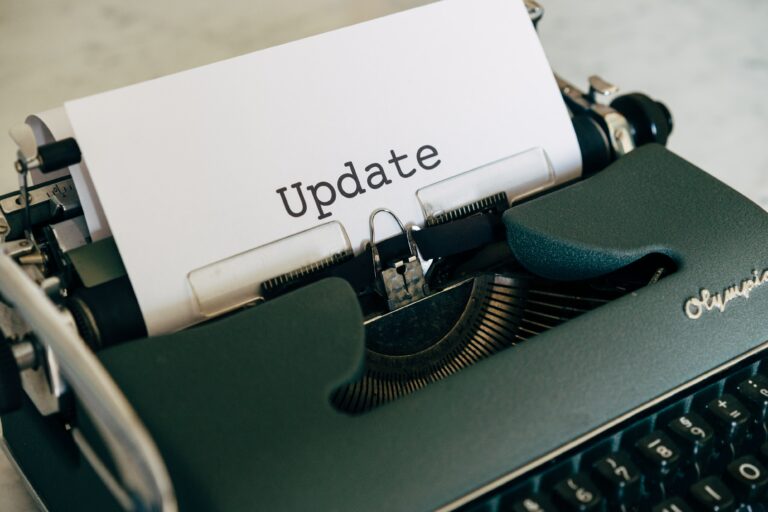
It Is Important to Update Your Estate Plan
Individuals who have a will, a power of attorney for health care, a financial power of attorney and a living will might believe they are done with estate planning. They’re only half right. There are many reasons an estate plan needs to be revised or updated, as explained in the recent article “10 reasons to update your estate plan” from American Legion.
New children, grandchildren, or a change in heirs. Most estate plans make provisions for children and heirs who are living when you die. If you have a specific transfer in your estate plan, a new child or one who has not been included in your will may receive a smaller inheritance, or no inheritance at all.
Here’s an example: Jane Doe has a $1 million estate and left a home valued at $400,000 to her first-born son Jason. She divided the rest of her estate, with 1/6 of the balance going to Jason and 5/6 to Justin. If a third child is born, depending on the laws of her state, the third child might receive nothing. Family strife or litigation could easily be the legacy she leaves. Thus, the arrival of a new heir is a reason to update your estate plan.
If you are married and move to a different state, there may be laws impacting ownership and inheritance. Some states are “common law” property states, others are “community property” states. If you move, clarify the ownership of your property as either separate or jointly owned.
Some states still have state inheritance or estate taxes. Many have taxes applied at lower levels than the federal exemption per person. Depending on who your heirs are and the state, you may be giving heirs a large tax liability, in addition to an inheritance.
Power of Attorney laws also vary from state to state, as do living wills or advance directives. You’ll want to be sure your medical planning documents reflect your state’s laws.
Selling or buying a major asset can change your plan and its results. If you transfer a property which has appreciated in value and a large estate tax is to be paid from your estate, beneficiaries could receive less than you intended.
Most estates contain cash, cash equivalents, stocks, real estate and retirement accounts. If your retirement accounts, including 401(k)s, IRAs, pensions, or other accounts, have become the largest portion of your estate, you should review the accounts and their tax impacts on heirs.
Families with unmarried brothers and sisters often receive an inheritance and remember their surviving siblings with an inheritance. However, if there are two or three unmarried siblings, one will inevitably become the survivor and hold most of the assets. If you have included a sibling in your estate plan, there is also the chance they will die before you.
Single people have different estate plans than married couples. A single person who transfers assets to a former spouse will not qualify for the unlimited marital deduction. If there is a divorce and beneficiary designations on retirement plans and insurance policies are not updated, the named person will receive the assets.
When a will is created, it names an executor and a successor executor. If the primary executor predeceases the person making the will, a new executor will need to be added. It’s always better to have two candidates for a position than one.
Estate plans are impacted by changes in asset value, changes in the family and changes in federal and estate law. Every three to five years, meet with your estate planning attorney to review your plan and be sure it still accomplishes what you want.
Reference: American Legion (Nov. 28, 2022) “10 reasons to update your estate plan”

